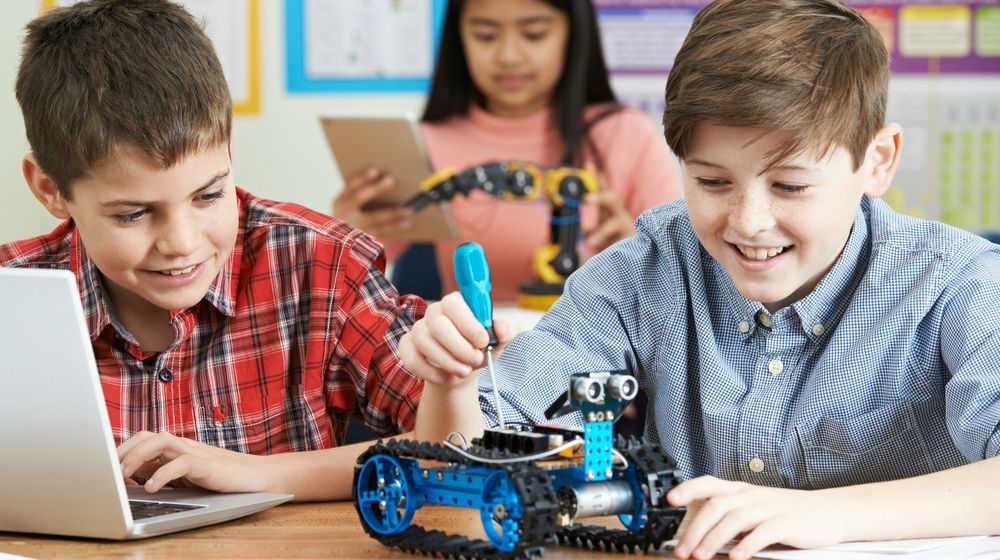Islamabad, Aug 30: On Friday, the Ministry of Education and the Federal Directorate of Education (FDE) formally signed a significant contract with the National University of Science and Technology (NUST) to launch a state-of-the-art curriculum for elementary school students that focuses on robotics, coding, and artificial intelligence (AI).
Dr. Khalid Maqbool Siddiqui, the Minister for Federal Education and Professional Training, was present when the agreement was signed in Islamabad.
A news statement from the ministry of education states that the goal of this program is to provide young pupils with the necessary 21st-century abilities so they may become technologically literate from an early age.
Mohyuddin Ahmad Wani, the secretary of education, as well as a second secretary, the director general, directors from FDE, and officials from NUST, attended the occasion.
During the project’s introduction, the education secretary emphasized the integration of advanced technology education into the elementary school curriculum as one of its important aspects.
The minister applauded the idea in his speech and emphasized how crucial it is to integrate technology into primary education.
The world is changing quickly, thus it’s critical to allocate all available funds to the education sector. He said, “Investing in education is the only way to address the issues of the future.
The minister gave instances of other developing nations that have made significant educational investments and are now on the verge of becoming developed countries.
He emphasized the need to improve Pakistan’s educational system and stated that other provinces could use the Islamabad Capital Territory’s actions as an example. If given access to the newest technology and educational opportunities, Pakistan’s youth, who are renowned for their brilliance and potential, can make a substantial contribution to the nation’s growth.
The collaboration between the Ministry, FDE, and NUST is anticipated to be a game-changer, raising the bar for Pakistan’s educational system.
This project addresses the pressing need to close the technological divide in education while also fostering creativity and critical thinking in young students. The partnership is anticipated to set the stage for a generation prepared for the future and put Pakistan in a strong position to prosper in the world’s knowledge economy.
